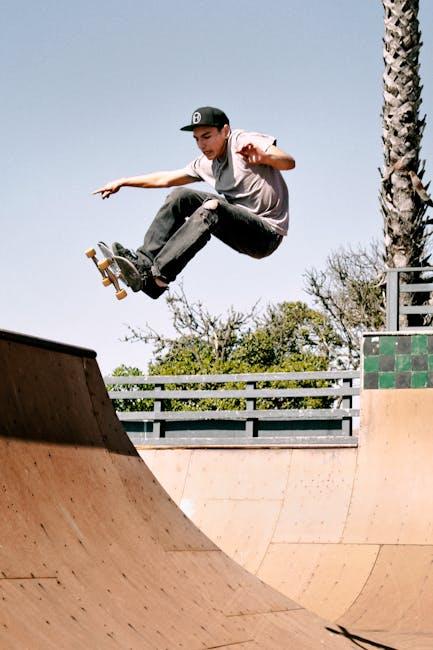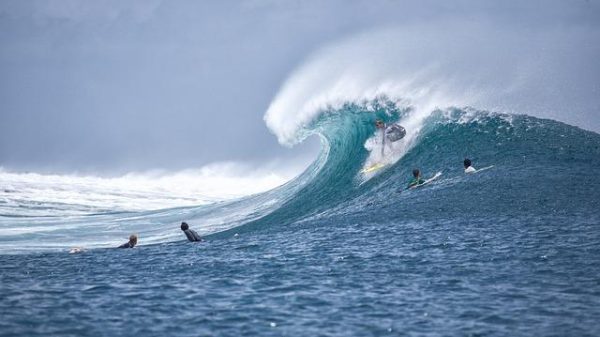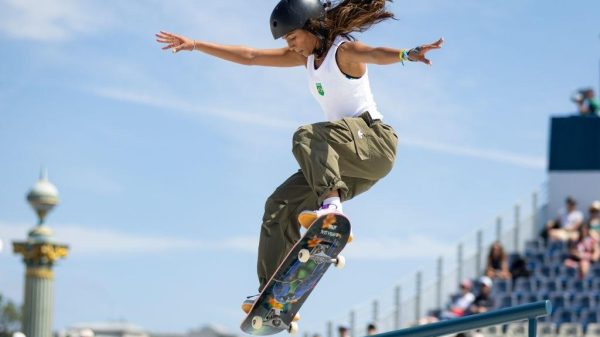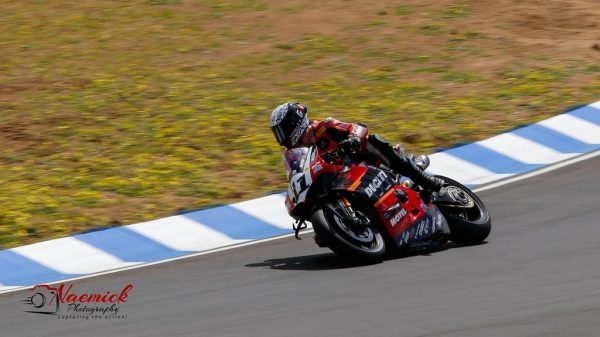Skateboarding, once a symbol of counterculture and individualism, has undergone a significant transformation since its inclusion in the Olympic Games. As this street-born sport rolls into the realm of global competition, questions arise about the implications of its new Olympic format on the essence and ethos that have long defined it. This article delves into the complex relationship between skateboarding’s free-spirited roots and the structured demands of Olympic participation. By examining the historical context, the current competitive landscape, and the voices from within the skateboarding community, we aim to explore whether the Olympic format is enhancing or eroding the authentic spirit of skateboarding.
Impact of Olympic Regulations on Skateboarding Culture
Skateboarding has always thrived on its rebellious and creative ethos, qualities that stand in stark contrast to the structured and rule-bound world of the Olympics. The introduction of skateboarding into the Olympic Games has undoubtedly brought the sport unprecedented visibility and respect, but it has also sparked a debate about whether this formalized format is eroding the very spirit that makes skateboarding unique. Critics argue that the rigid regulations and scoring systems imposed by the Olympics may stifle creativity and individuality, two core components of skateboarding culture.
- Standardization vs. Creativity: Skateboarding is known for its lack of boundaries, allowing skaters to express themselves freely. The Olympic format, with its set criteria and scoring systems, might limit this freedom, pushing skaters towards a more homogenized style.
- Commercialization Concerns: The Olympics bring significant media attention and sponsorship deals, which could shift focus from grassroots skateboarding communities to commercial interests, potentially alienating core enthusiasts.
- Community Impact: While increased visibility might attract new fans and participants, it risks diluting the tight-knit community that has been a hallmark of skateboarding culture.
Balancing the benefits of global recognition with the preservation of skateboarding’s core values is a delicate task. As the sport continues to evolve on the Olympic stage, it remains crucial to consider how these changes impact the essence of skateboarding culture.
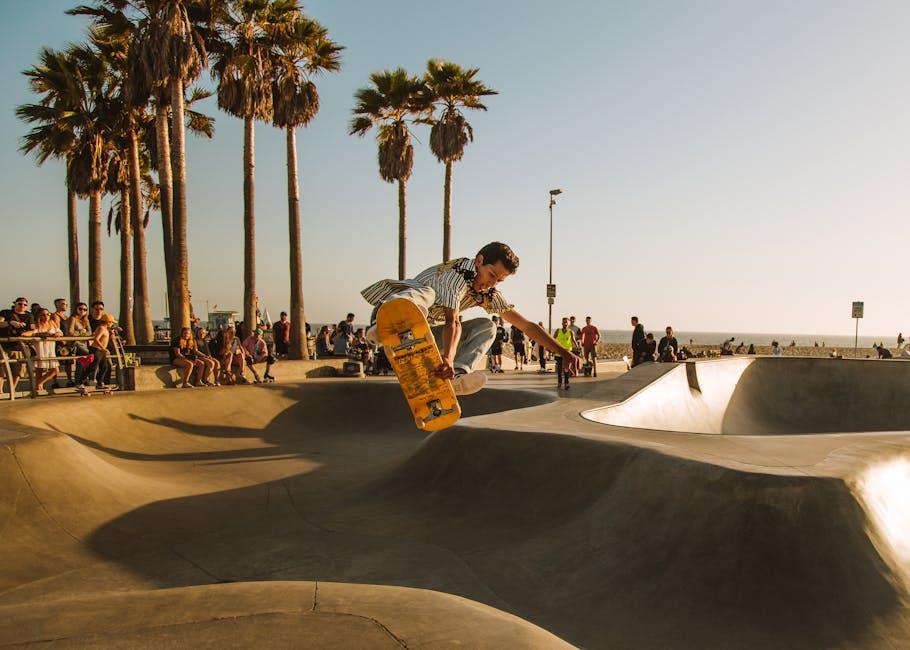
The Shift from Creative Expression to Competitive Performance
In recent years, skateboarding has witnessed a noticeable transformation, pivoting from its roots as a countercultural art form to a competitive sport with standardized rules and scoring systems. This shift is epitomized by its inclusion in the Olympic Games, where the focus on competitive performance often overshadows the essence of creative expression that the sport was originally known for. The Olympic format demands consistency and technical proficiency, which can sometimes stifle the spontaneity and individuality that define skateboarding culture.
- Standardization: The introduction of structured formats and scoring criteria has led to a homogenization of styles, as skaters tailor their routines to meet specific judging requirements.
- Pressure to Perform: Athletes face immense pressure to conform to a competitive mindset, prioritizing flawless execution over innovative or expressive tricks.
- Cultural Shift: The competitive arena may inadvertently prioritize skaters who fit the mold of a traditional athlete, rather than those who embody the rebellious spirit of the sport.
While the Olympic stage offers unprecedented visibility and legitimacy, it raises the question of whether skateboarding is losing its unique identity in the process. As the sport continues to evolve, it is crucial to find a balance that honors both the competitive and creative aspects of skateboarding, ensuring that its vibrant culture remains intact.
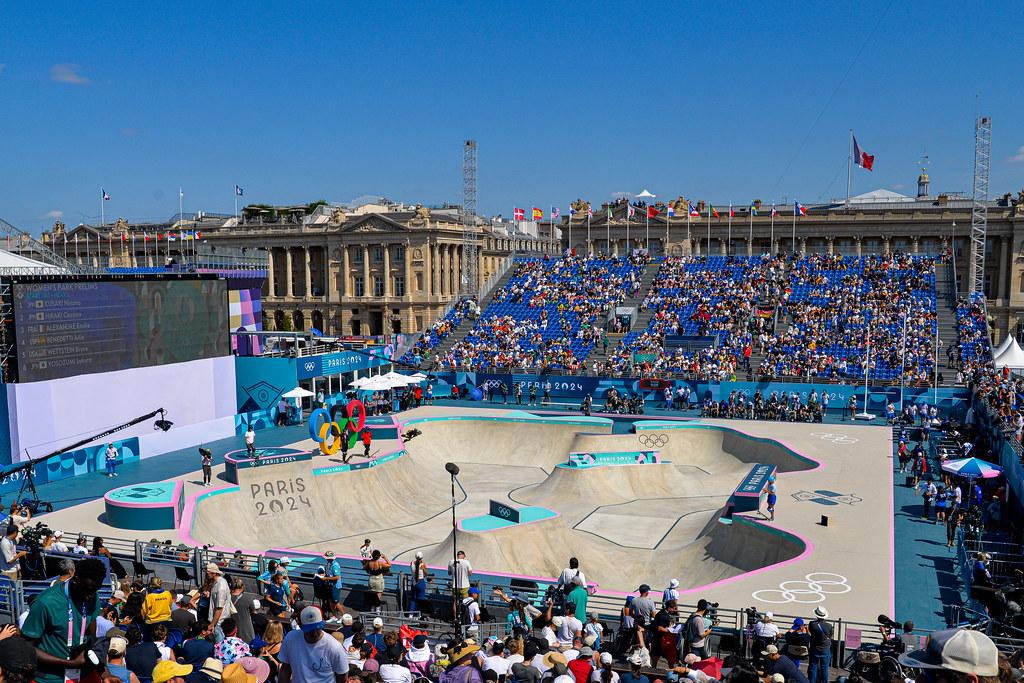
Balancing Authenticity and Professionalism in Olympic Skateboarding
Striking the right balance between staying true to skateboarding’s roots and adhering to the demands of a structured Olympic format is a nuanced challenge. Authenticity in skateboarding often means embracing a culture of creativity, rebellion, and individuality. However, the Olympic format demands structure, rules, and uniformity, which can seem at odds with the sport’s free-spirited ethos. This tension raises the question: How can skateboarders maintain their authenticity while competing on the world’s biggest stage?
Several key factors come into play:
- Judging Criteria: The scoring system must respect the sport’s essence, prioritizing style and creativity alongside technical skill.
- Event Presentation: Ensuring that the event environment reflects the culture of skateboarding, from music choices to course design.
- Skater Autonomy: Allowing skaters the freedom to express their unique styles without being overly constrained by rigid guidelines.
While the Olympic spotlight can help elevate skateboarding’s global profile, it is essential that the sport does not lose its identity in the process. The challenge lies in finding a harmonious blend that honors the roots of skateboarding while embracing the opportunity for broader recognition.

Recommendations for Preserving Skateboardings Core Values in Global Competitions
- Encourage Diversity in Judging Panels: To maintain the authentic spirit of skateboarding, it’s crucial to have judges who are deeply rooted in skate culture. This means including a mix of former professional skateboarders, industry veterans, and influential community figures. Their insights and experiences can ensure that the judging criteria reflect the true essence of skateboarding, emphasizing creativity and style over rigid technicality.
- Prioritize Skater Input: Engage actively with the skateboarding community when designing competition formats. Skaters should have a voice in how events are structured, from course design to scoring systems. This collaborative approach can help ensure that competitions remain true to the sport’s core values, celebrating individuality and innovation.
- Promote Local and Grassroots Events: Global competitions should not overshadow local skate scenes. Encouraging and supporting grassroots events helps preserve the cultural and social aspects of skateboarding. These local events are where many skaters develop their unique styles and connections, which are essential to the sport’s vibrant community.
- Maintain an Emphasis on Fun: While competition is inherent in any sport, the joy and spontaneity of skateboarding should never be lost. Events should foster an atmosphere of camaraderie and enjoyment, reminding both participants and audiences that skateboarding is as much about the journey and experience as it is about winning.
